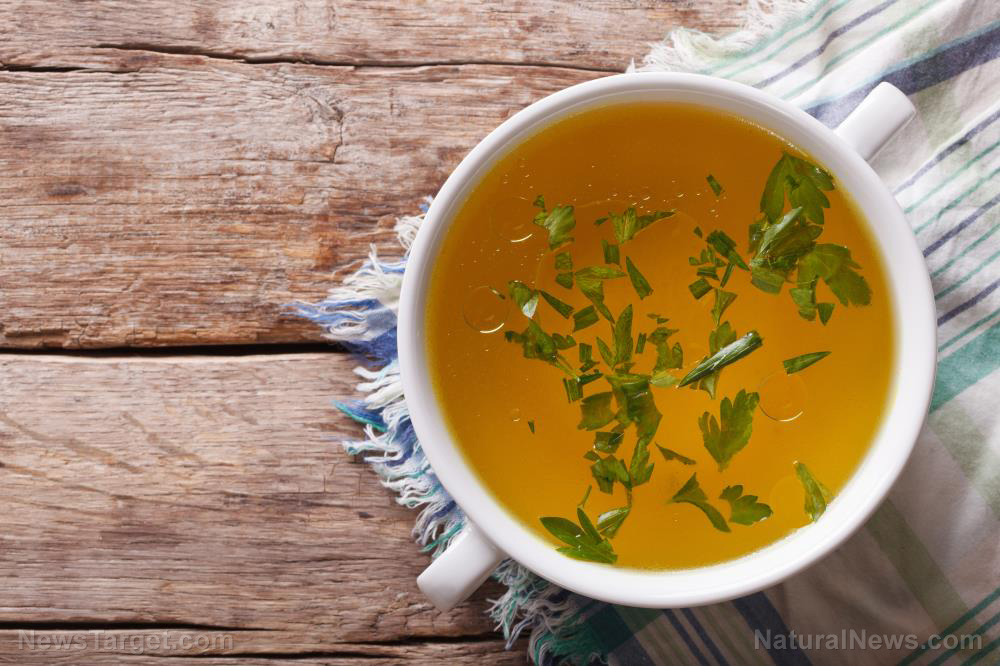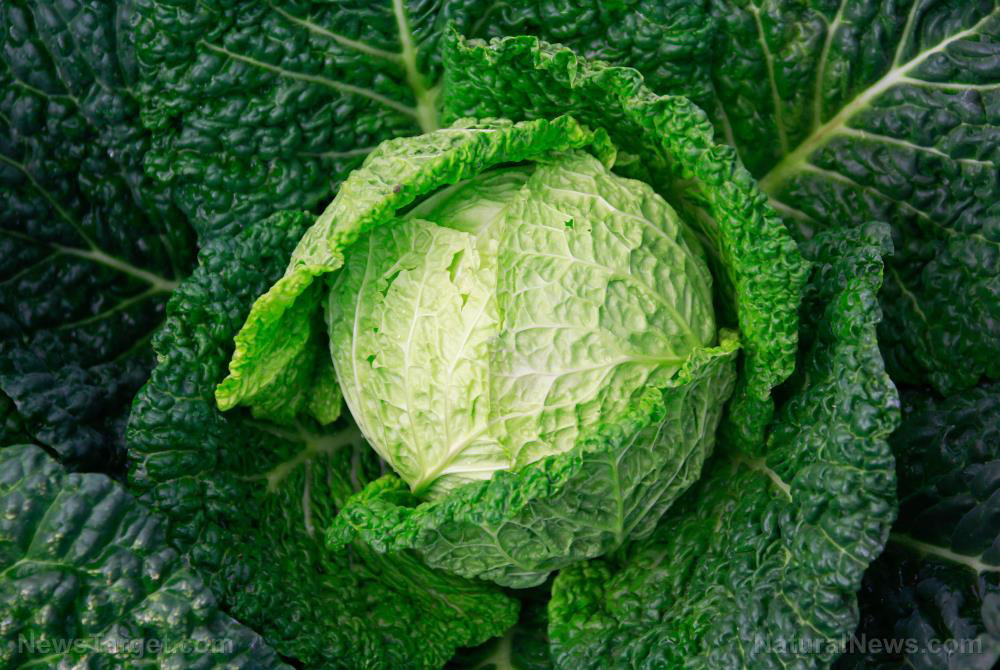Chicken soup proven to cut cold duration by 2.5 days: Science validates grandma’s wisdom
07/17/2025 / By Willow Tohi

- Study confirms chicken soup slashes cold recovery time by 2.5 days, with anti-inflammatory effects.
- Synthesized data from 342 participants across four trials validated decades of anecdotal wisdom.
- Immune-boosting ingredients like garlic, ginger and vegetables enhance healing potential.
- Systematic review reveals critical gaps in measuring real-world impacts like work absenteeism.
- Researchers urge integration of “food as medicine” approaches in mainstream healthcare.
A remedy whispered about for decades now has hard science backing it. A landmark international study led by Dr. Sandra Lucas and her team at the University of the West of Scotland reveals that chicken soup not only eases cold symptoms but also shortens illness duration by 2.5 days and reduces inflammation. Published recently in the Journal of Natural Medicines, the research systematically reviewed over 10,000 papers, analyzing four clinical trials involving 342 participants across North America and Asia.
“For years, patients were told chicken soup was folklore. Now, we can say it’s legitimate medicine,” Dr. Lucas stated. Her team found unequivocal evidence: soup drinkers exhibited lower inflammatory markers (IL-6, TNF-?), faster mucus clearance and less severe coughs and congestion. “This is the first rigorous evaluation to confirm what grandmothers knew all along,” Lucas added.
How does it work? The science behind grandma’s remedy
The study pinpoints two key mechanisms. First, the warmth of soup promotes nasal congestion relief by increasing airways’ moisture. Second, its ingredients — chicken protein, vegetables and herbs — trigger immune-boosting actions. Chicken broth contains essential amino acids and zinc, fostering mucosal repair, while anti-inflammatory compounds in celery, carrots and ginger suppress harmful cytokines. One trial even showed that soup boosts the immune system through enhanced white blood cell proliferation, meaning the body’s infection-fighting capability escalates.
Traditional herbal additions, such as ginseng or turmeric, further amplified benefits, per the research. “It’s not about the liquid itself — it’s the nutrient synergy,” explained co-author Prof. Raj Patel. “Garlic, onions and ginger contribute antimicrobial and antioxidant properties that pharmaceuticals can’t match.”
Ancient knowledge meets modern neglect
Despite the findings, the study underscores a glaring oversight in medical practice. None of the included trials measured broader outcomes like missed workdays or quality of life improvements, something researchers criticize as emblematic of a systemic failure.
“The medical establishment has long dismissed ‘grandmother’s remedies’ as irrelevant,” Dr. Lucas noted. “But when we see soup outperforming placebos in reducing IL-6 levels — key drivers of inflammation — and yet ignore its real-world value, it’s a disservice to public health.”
A spoonful of science fuels the future
While the review stops short of calling soup a “cure,” it advocates for its integration into care guidelines. “This isn’t a silver bullet, but it’s an evidence-backed, low-cost strategy that complements modern treatments,” said study co-chair Dr. Emily Goldsmith. She added that a dietitian’s input could help tailor soups to individual nutritional needs.
Nutrition experts recommend prioritizing organic, pasture-raised chicken for richer omega-3 and vitamin profiles and emphasizing variety: “Mix in leafy greens for iron or legumes for fiber. The richer the ingredients, the better the benefits,” advised culinary health expert Lena Green.
Soup’s role in healthcare’s evolution
The study signals a shift toward valuing traditional practices. As pharmaceuticals face scrutiny over cost and side effects, natural remedies like soup gain traction. However, researchers caution that more work is needed. “This is a starting point — not the finish line,” Dr. Lucas concluded. “We must bridge the gap between ancestral wisdom and rigorous science to empower patients with proven, accessible care.”
As the authors bridge centuries of knowledge with cutting-edge data, one message resonates: Sometimes, the simplest solutions — steaming from a clay pot — are among the most powerful.
Sources for this article include:
Submit a correction >>
Tagged Under:
alternative medicine, Censored Science, chicken soup, food cures, food is medicine, food science, functional food, grandmother remedies, healing, health science, homemade cures, ingredients, natural cures, natural health, natural medicine, Naturopathy, remedies, research
This article may contain statements that reflect the opinion of the author




















